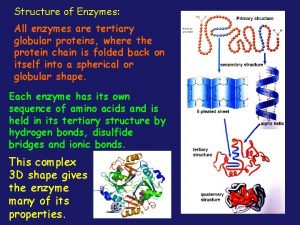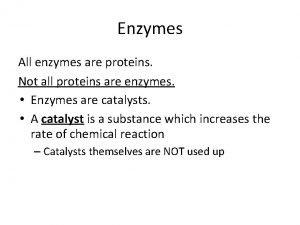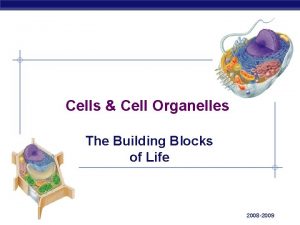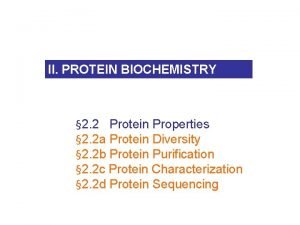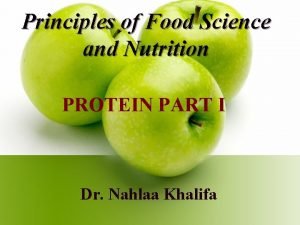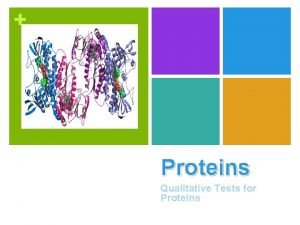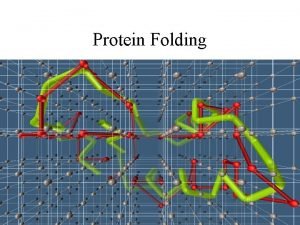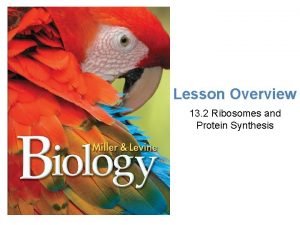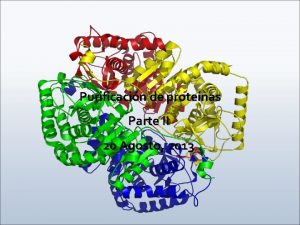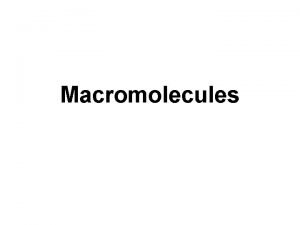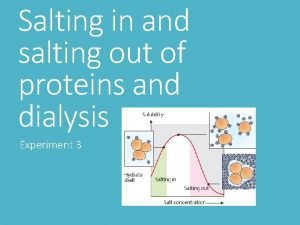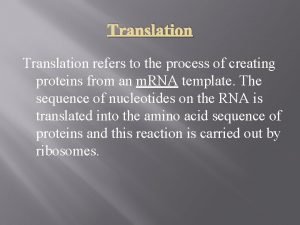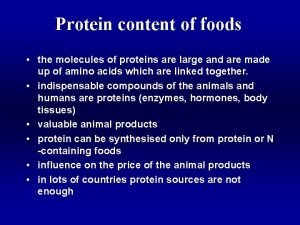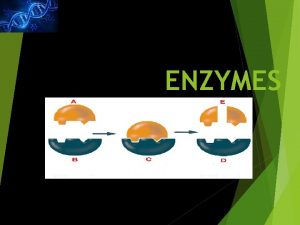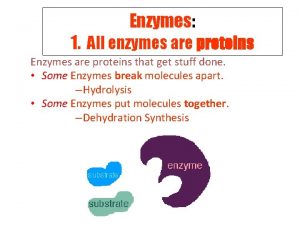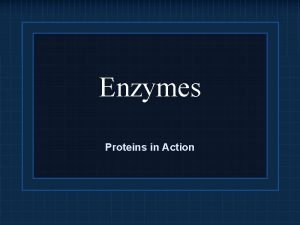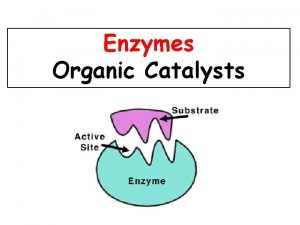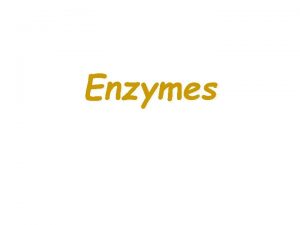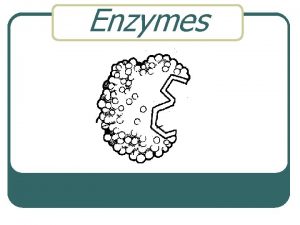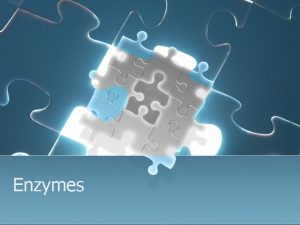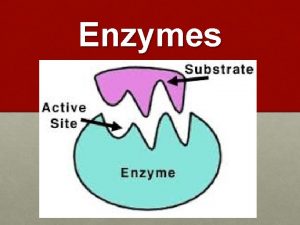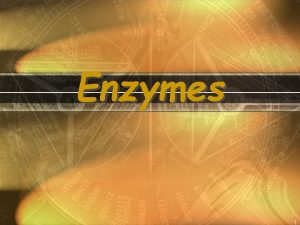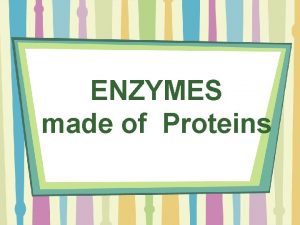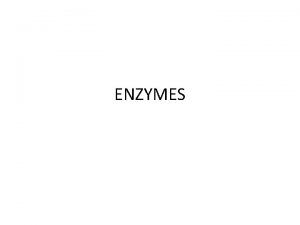Enzymes 1 What Are Enzymes Enzymes are Proteins













- Slides: 13

Enzymes 1

What Are Enzymes? • Enzymes are Proteins that act as a Catalyst to accelerate (help start) a chemical reaction. 2

Enzymes • Each enzyme is made to work with only one chemical called its substrate. • A substrate and its enzyme fit together like a lock and key • After the reaction, only the substrate is chemically changed. The enzyme can be reused. • Enzyme names usually end in –ase. Example: Lactase 3

How do enzymes Work? Every reaction requires a “starting energy” Enzymes work by weakening bonds and lowering that activation energy, so the reaction can happen faster/easier 4

Enzymes Without Enzyme With Enzyme Free Energy Free energy of activation Reactants Products Progress of the reaction 5

Enzyme-Substrate Complex The substrate bonds to the enzyme at a special area called the “active site” Substrate Joins Enzyme 6

Active Site The substrate bonds to the enzyme at a special area called the “active site” Active Site Substrate Enzyme 7

Enzyme Activity • Once the substrate bonds, the enzyme changes shape to start the reaction 8

Enzyme Activity • The substrate is chemically changed by the enzyme and then released. After which, the enzyme returns to normal. The enzyme can now move on to a new substrate Active Site Enzyme induced fit 9

What Affects Enzyme Activity? • Every enzyme has its own specific temperature and p. H that is optimal (best). Changes in these optimal conditions can slow down or denature (destroy) enzymes • Three factors that affect enzyme activity: 1. Environmental Conditions 2. Cofactors and Coenzymes 3. Enzyme Inhibitors 10

1. Environmental Conditions 1. Extreme temperatures can damage or denature enzymes 2. Strong changes in p. H (in either direction) can also denature enzymes 3. Too many ions (salts) can also denature enzymes. 11

2. Cofactors and Coenzymes • Some enzymes work with partners or helpers • Inorganic substances (zinc, iron) and vitamins are sometimes needed for proper enzymatic activity • Example: Iron must be present in the protein hemoglobin in order for it to pick up oxygen. Without Iron, it doesn’t work. 12

Enzyme Inhibitors - Inhibitors are chemicals that slow down or block an enzyme from working. This helps your body turn enzymes on and off when you need to. Substrate inhibitor Enzyme 13
 Antigentest åre
Antigentest åre All enzymes are globular proteins
All enzymes are globular proteins Not all enzymes are proteins
Not all enzymes are proteins Ribosome factory part or worker
Ribosome factory part or worker Edman degradation
Edman degradation Generally speaking proteins that come from animal sources
Generally speaking proteins that come from animal sources Qualitative test for proteins
Qualitative test for proteins Protein folding
Protein folding Genes contain instructions for assembling
Genes contain instructions for assembling Amphoteric proteins
Amphoteric proteins Picture of macromolecules
Picture of macromolecules Salting in
Salting in Translation refers to the
Translation refers to the Where are proteins found
Where are proteins found

